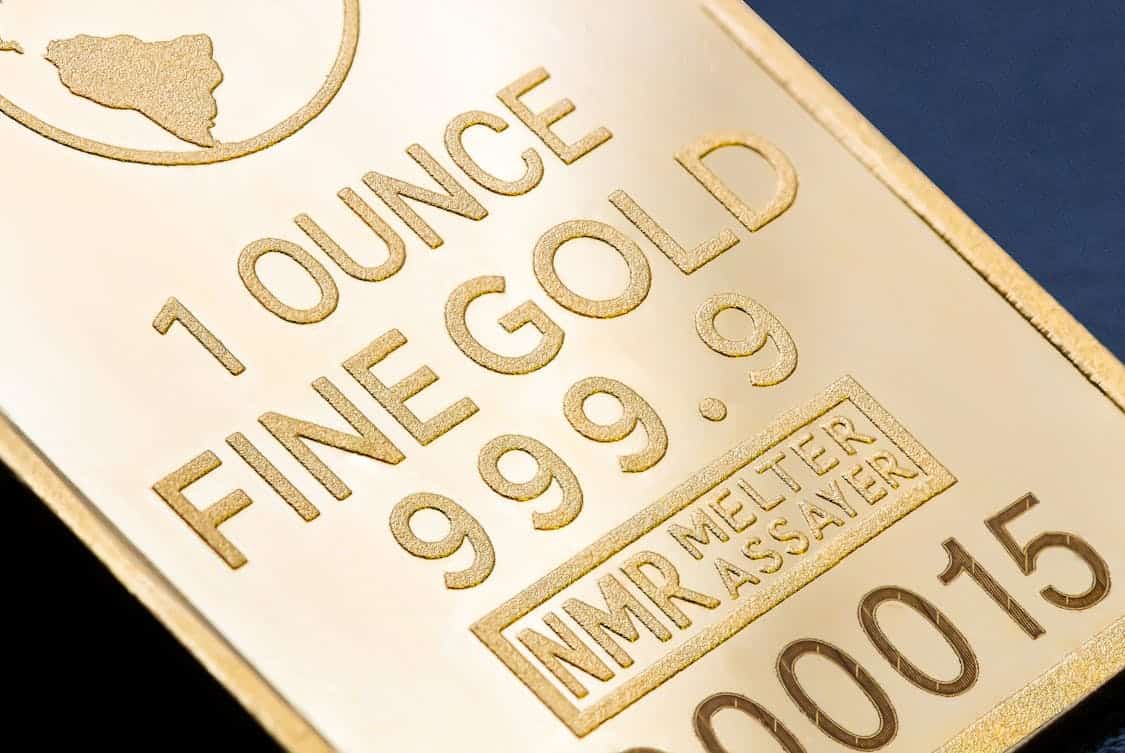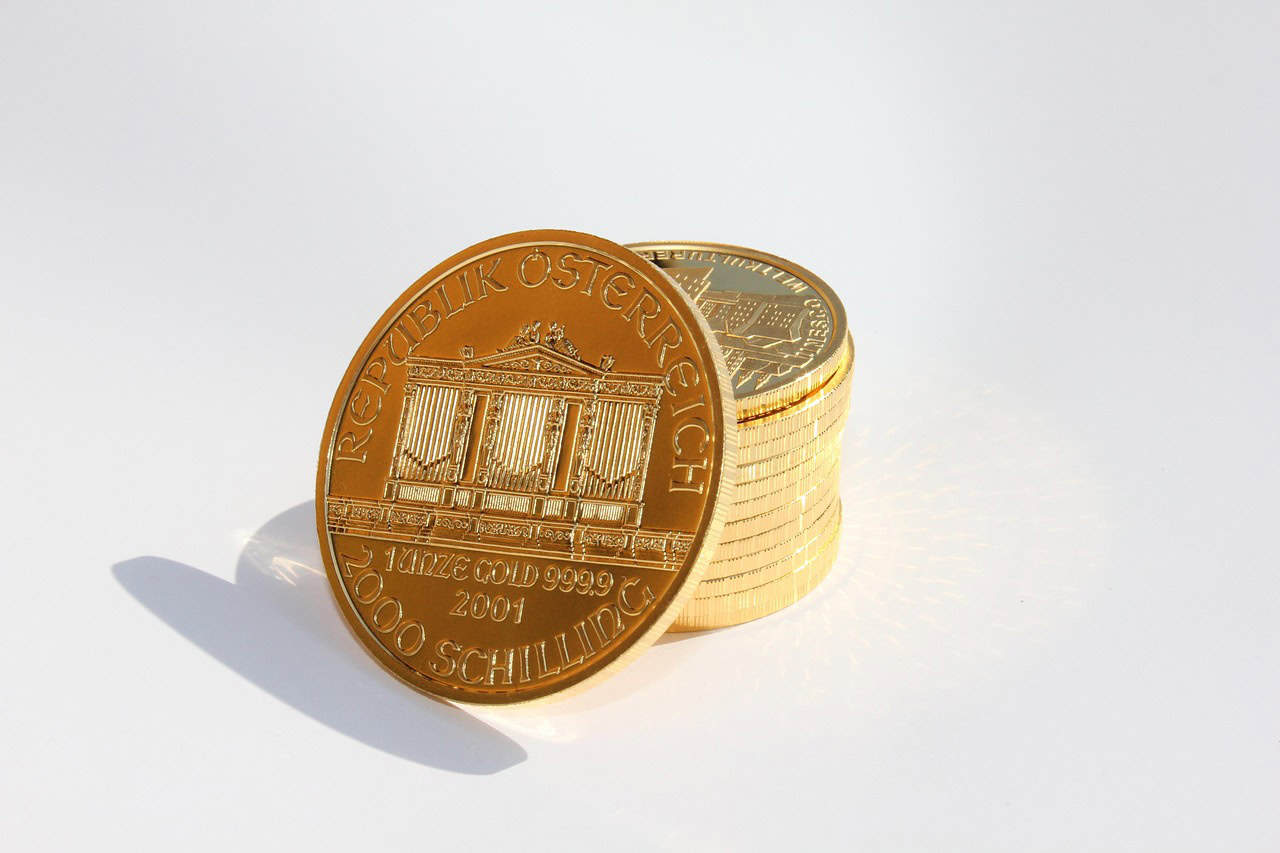Buying physical gold bullion remains one of the most trusted strategies for preserving wealth and hedging against economic uncertainty. This guide is designed to help both new and seasoned investors navigate the process of purchasing gold bullion safely and effectively.
From understanding purity and weight to choosing reputable dealers, you’ll gain the essential knowledge needed to make informed decisions.
Why Invest in Gold Bullion?
Investing in physical gold bullion has long been regarded as a safe haven for wealth preservation. Many investors turn to gold during times of economic uncertainty, as it tends to maintain its value when currencies fluctuate.
Unlike stocks or bonds, gold is a tangible asset that has intrinsic value, making it appealing to those looking to diversify their portfolios.
Gold is often viewed as a hedge against inflation. When the purchasing power of fiat currency diminishes, gold typically retains its value, providing a sense of security for investors.
This timeless metal has been celebrated for centuries, often referred to as a store of value.
Types of Gold Bullion
When considering gold bullion, it’s essential to understand the different forms it can take. Gold bullion typically comes in bars or coins, each offering unique advantages.
Gold Bars
Gold bars are available in various weights, from small one-ounce bars to larger ones weighing several kilograms. These bars are generally more cost-effective per ounce than coins due to lower production costs.
However, buying larger bars may limit your liquidity since they can be harder to sell in smaller increments.
Gold Coins
Gold coins are produced by governments and have a set face value, making them legal tender. Popular examples include the American Gold Eagle and the Canadian Gold Maple Leaf.
Coins are often easier to buy and sell in smaller denominations, making them an attractive option for new investors. They also tend to carry numismatic value, which can enhance their resale price.
Where to Buy Gold Bullion
Finding a reputable source to purchase gold bullion is vital for ensuring authenticity and security. There are several avenues to explore.
Online Dealers
Numerous online dealers specialize in precious metals. If you’re looking for reliability and top-rated service, consider buying from an award-winning bullion dealer online that offers both competitive pricing and customer satisfaction.
They often provide competitive pricing and a wide selection of products. However, it’s crucial to do due diligence.
Look for dealers with positive customer reviews and transparent pricing. Additionally, ensure they offer secure payment methods and safe shipping options.
Local Coin Shops
Visiting a local coin shop allows you to inspect the bullion firsthand. Many coin shops also offer knowledgeable staff who can provide insight and guidance.
Establishing a relationship with a local dealer can be beneficial for future transactions, whether you’re buying or selling.
Auctions and Estate Sales
Gold bullion can sometimes be acquired at auctions or estate sales. This route may offer opportunities to purchase items at a lower price. However, it can be a hit or miss in terms of authenticity and quality, so be cautious and do your research.
Evaluating Gold Quality

When purchasing gold, it’s essential to evaluate its quality. The purity of gold is measured in karats, with 24-karat gold being the purest form. Most bullion is either 22 or 24 karats, providing a good balance between purity and durability.
Certification and Assaying
Look for bullion that comes with certification from reputable grading services. A certificate guarantees the gold’s authenticity and purity. Additionally, some bars may display a hallmark, signifying they have been assayed by a trusted entity.
Pricing and Premiums
Understanding how gold prices work is key to making a savvy investment. Gold prices fluctuate based on market conditions, so it’s worth monitoring these trends before making a purchase.
Spot Prices versus Premiums
The spot price of gold reflects its current market value. However, when buying physical bullion, you’ll typically pay a premium over the spot price.
This premium includes costs such as production, distribution, and retailer markups. Premiums can vary significantly, so it pays to shop around for the best deal.
Timing Your Purchase
Timing your entry into the gold market can make a difference in the price you pay. Monitoring global economic indicators, inflation rates, and geopolitical tensions can provide insight into when gold prices may rise or fall.
Storing Your Gold Bullion
Once you’ve made your purchase, consider how you’ll store your gold. Proper storage is vital for protecting your investment.
Home Storage
Storing gold at home offers convenience but comes with risks. A safe or secure location is necessary to protect against theft. Many investors opt for a fireproof and waterproof safe to add an extra layer of protection.
Safe Deposit Boxes
Using a safe deposit box at a bank is a popular option for many investors. This method provides a high level of security, but there may be annual fees involved. Consider the accessibility of your gold when choosing this option.
Vault Services
Some companies offer vault services specifically for precious metals. These facilities are designed for maximum security and often provide insurance coverage for your holdings.
This option can give investors peace of mind, knowing their gold is stored safely.
Selling Gold Bullion
At some point, you may want to liquidate your gold. Understanding the selling process is essential to ensure you receive a fair price.
Timing the Sale
Just like buying, timing the sale of gold can impact your return. Keeping an eye on market trends and economic indicators can help you decide when to sell. Biding your time for a favorable market can yield better results.
Finding a Buyer
You can sell your gold through various channels, including online dealers, local coin shops, or even private sales. Each option has its advantages and disadvantages. Online dealers may offer convenience, while local shops allow for in-person transactions.
Understanding Selling Costs
Be aware that selling gold can involve fees and commissions. Dealers typically offer a lower buyback price than the market value. It’s wise to compare offers from different buyers to ensure you’re getting a fair deal.
Tax Implications of Gold Investment
Investing in gold comes with potential tax implications that you should be aware of. In many jurisdictions, selling gold bullion may incur capital gains tax, similar to stocks or real estate.
Reporting Requirements
When you sell your gold for a profit, you may be required to report that income on your tax return. It’s essential to keep accurate records of your purchases and sales for tax purposes.
Consulting a tax professional can provide clarity on your specific obligations and help you navigate any complexities.
Legal Considerations
Familiarize yourself with local laws regarding gold ownership, especially if you’re considering purchasing large amounts. Regulations can vary significantly from one place to another, and being informed is crucial to avoid any legal issues.
Diversifying Your Portfolio with Gold
Gold can be a valuable addition to a well-rounded investment portfolio. By diversifying with physical gold, investors can help mitigate risk while potentially increasing returns.
Balancing with Other Assets
While gold is a solid investment, it should not be the only asset in your portfolio. Balancing gold with stocks, bonds, and real estate can provide stability and growth opportunities.
It’s essential to assess your financial goals and risk tolerance when making investment decisions.
Long-Term vs. Short-Term
Consider your investment horizon. Gold is often viewed as a long-term hold, providing stability during market volatility. If you’re seeking quick returns, gold may not align with your objectives.
Aligning your investment strategy with your goals will allow you to make informed decisions.
By understanding the nuances of investing in physical gold bullion, you can navigate the complexities of this precious metal market with confidence.
Whether you’re looking to safeguard your wealth or diversify your investment portfolio, gold can serve as a robust option in your financial strategy.

